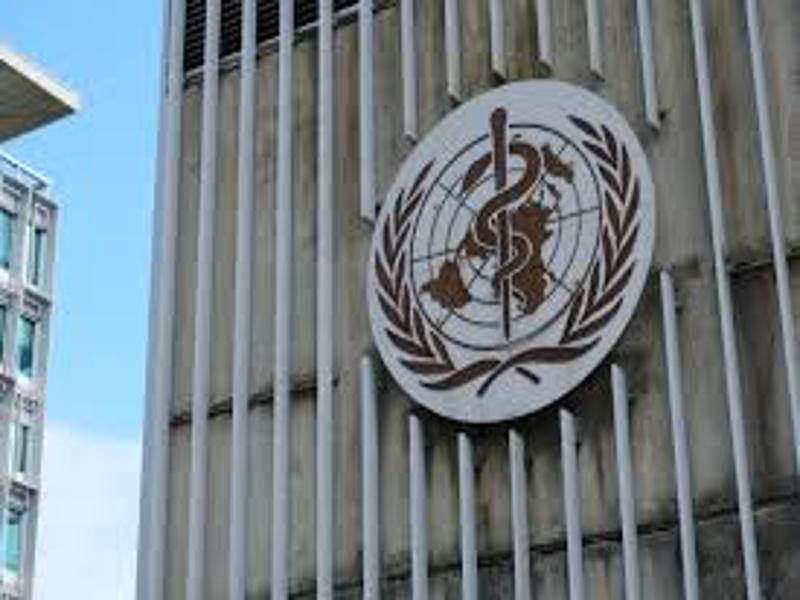
India reinforced its position as a leading voice in the global Traditional Medicine (TM) sector at 78th World Health Assembly (WHA) that concluded recently in Geneva, The country underlined its commitment to advancing this important area of healthcare on the international stage.
India expressed strong support for the newly adopted WHO Global Traditional Medicine Strategy 2025–2034. Officials emphasised that India’s role in shaping international healthcare frameworks is steadily growing.
They noted that this influence comes from the country’s balanced approach to integrating modern medicine with scientifically validated traditional systems. This model, they suggested, offers valuable lessons for other nations working to strengthen their healthcare services.
Arindam Bagchi, who is India’s Permanent Representative to the United Nations in Geneva, highlighted how India’s national health approach, guided by Prime Minister Narendra Modi, has long championed scientifically validated traditional practices alongside contemporary medicine. He pointed out that India had played a proactive role in implementing the previous WHO TM Strategy (2014–2023) and intended to maintain that leadership under the new framework.
Officials underscored that India’s influence in the global TM ecosystem has been formalised through initiatives like the establishment of the WHO Global Traditional Medicine Centre (GTMC) in Jamnagar, Gujarat. Since its inauguration in 2022 by Prime Minister Modi and WHO Director-General Dr. Tedros Adhanom Ghebreyesus, the Centre has become instrumental in shaping TM policy, research collaborations, data analysis, and global standard-setting.
Another significant development discussed at the Assembly was the signing of a Donor Agreement between the Ministry of Ayush and WHO on May 24, 2025. Under this agreement, India will support the creation of a dedicated Traditional Medicine module within the International Classification of Health Interventions (ICHI), aimed at standardising the classification of TM interventions globally. Prime Minister Modi, during his Mann Ki Baat radio address, reportedly described the agreement as a milestone that would elevate Ayush systems onto a globally recognised, evidence-backed platform.
Vaidya Rajesh Kotecha, Secretary, Ministry of Ayush, was quoted as saying that India remained committed to contributing to the global mainstreaming of Traditional Medicine. He indicated that the proposed ICHI module would enhance the scientific legitimacy of Ayush practices and expand their reach across international healthcare systems, while aligning with WHO’s commitment to inclusive, evidence-based, and safe traditional healthcare.
According to a WHO statement, the new Traditional Medicine Strategy urges Member States to strengthen regulations, integrate TM services where appropriate, and prioritise the preservation of indigenous knowledge and environmental sustainability. Observers noted that India’s ongoing initiatives are closely aligned with these goals. They pointed out that this alignment strengthens India’s standing in the global Traditional Medicine landscape.
It positions the country as a decisive and influential partner in advancing Traditional Medicine worldwide. This role is seen as vital in supporting global efforts to improve public health through traditional healthcare systems.

